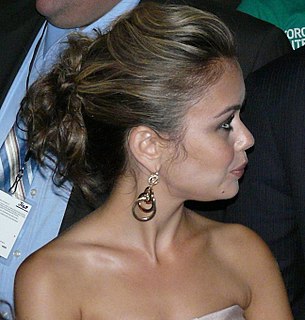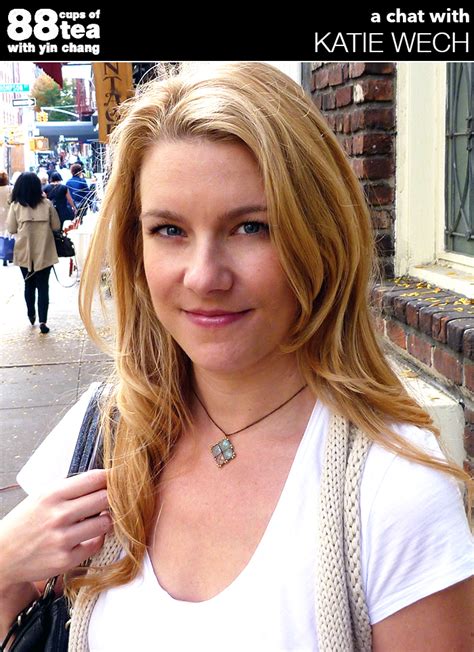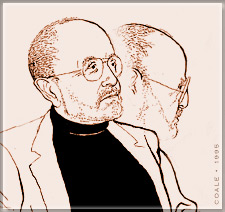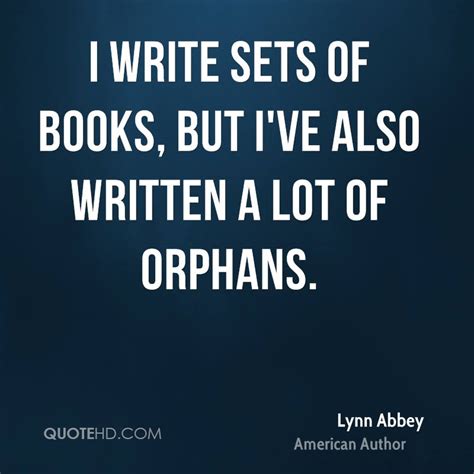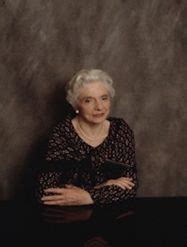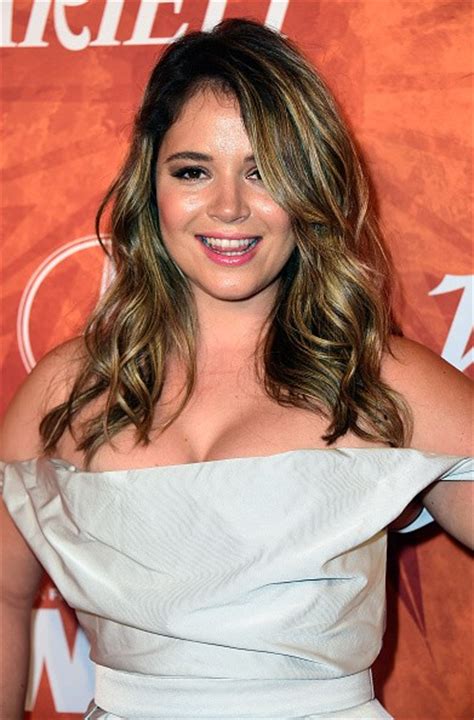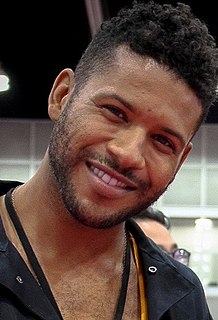A Quote by Stacey D'Erasmo
A lot of first novels are coming-of-age stories. A lot are autobiographical.
Related Quotes
Ang [Lee] gave us a lot of books about cowboys who had been gay or stories about it and all that stuff. And I just talked to a lot of my friends - who [was] their first, particularly same-sex, first situation. That was fascinating to me - trying to learn what that was in a certain period of time. Certain age. The secrecy involved in it. All those things.
A lot of college graduates approach me about becoming screenwriters. I tell them, 'Do not become a screenwriter, become a journalist,' because journalists go into worlds that are not their own. Kids who go to Hollywood write coming-of-age stories for their first scripts, about what happened to them when they were sixteen. Then they write the summer camp script. At the age of twenty-three they haven't produced anything, and that's the end of the career.
I've told youngsters not to write their autobiographical novel at the age of twenty-one; to save it for the time when they're fifty-one or sixty-one. They should write other novels first, to learn their craft; they shouldn't cut their teeth on the valuable material of childhood because they'll never have better material, ever, to work with.

